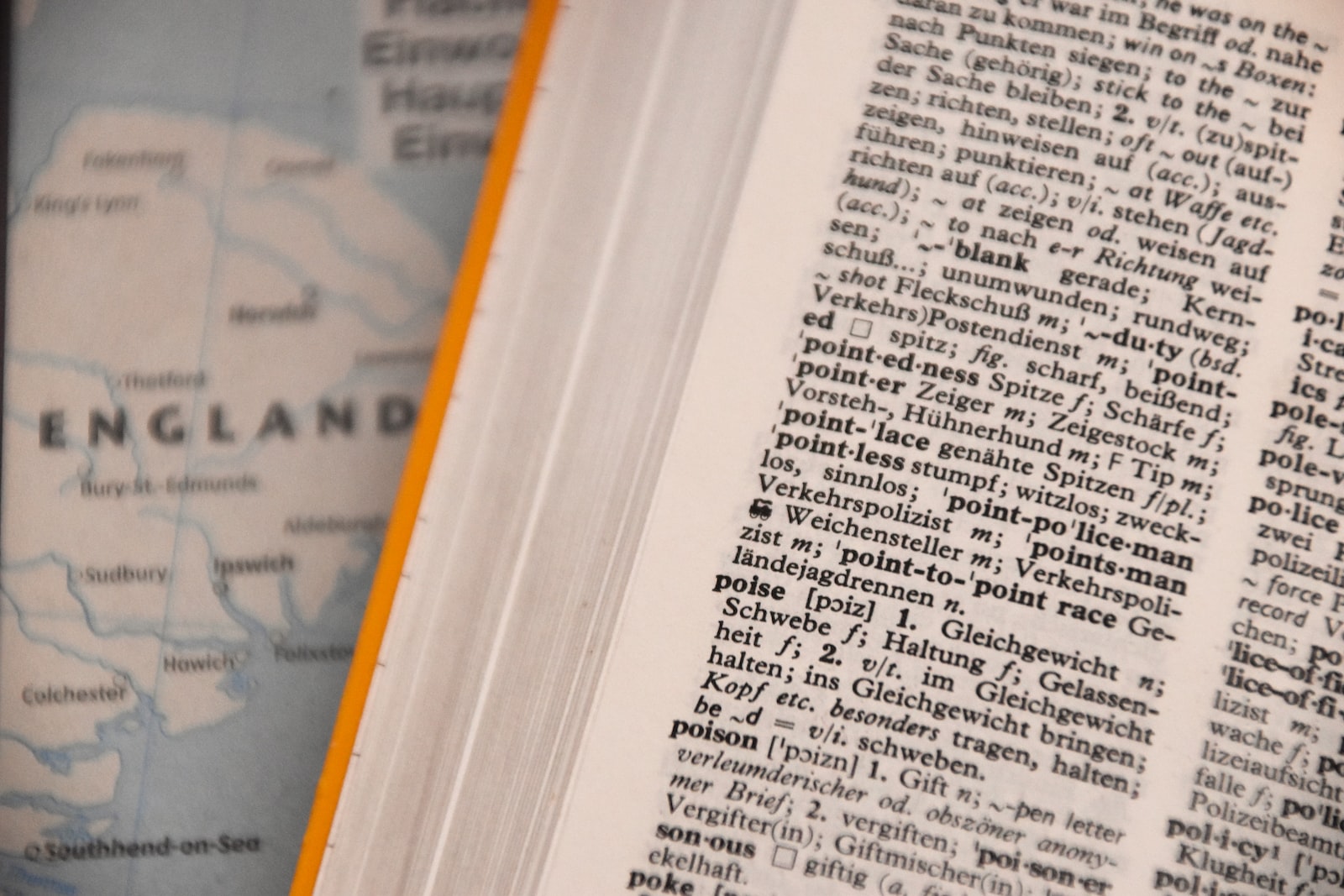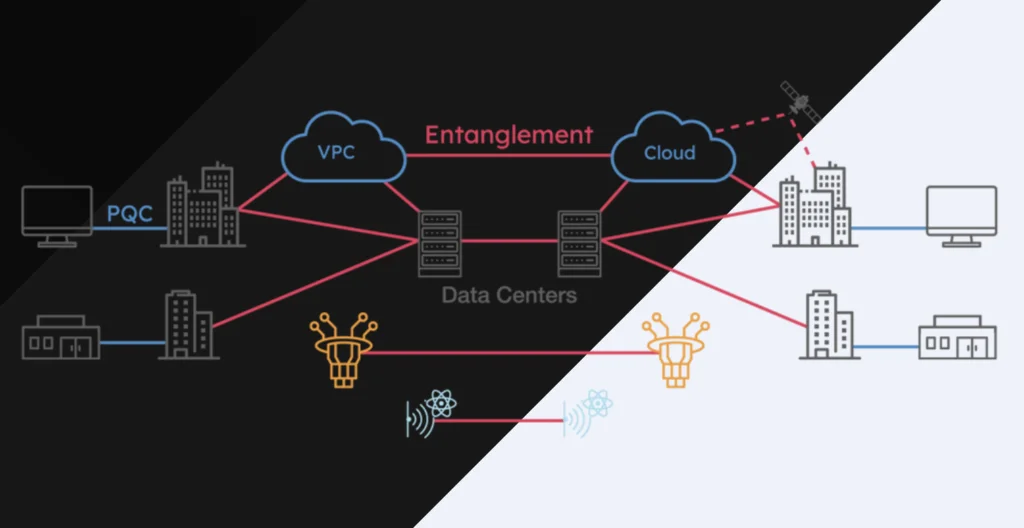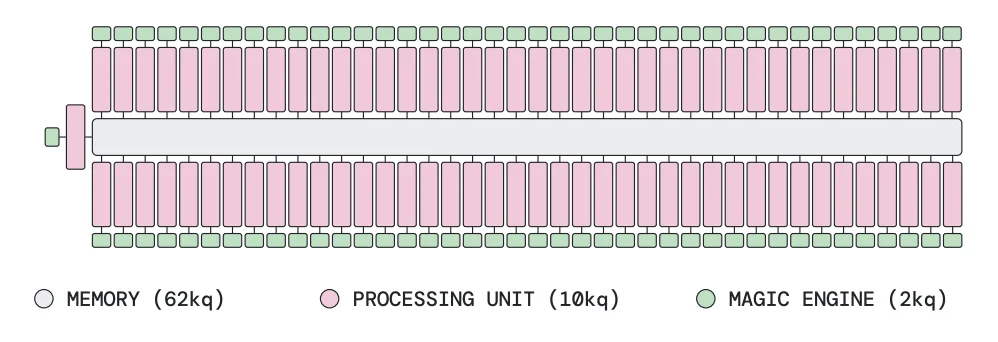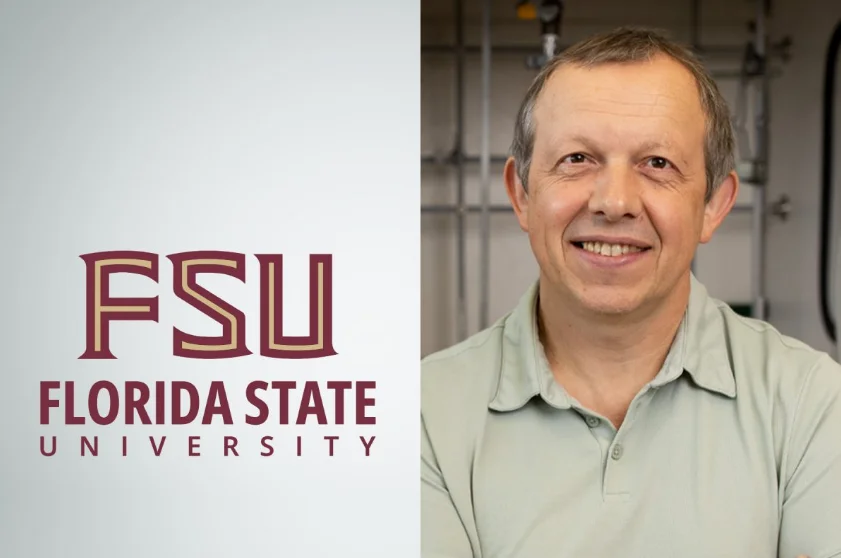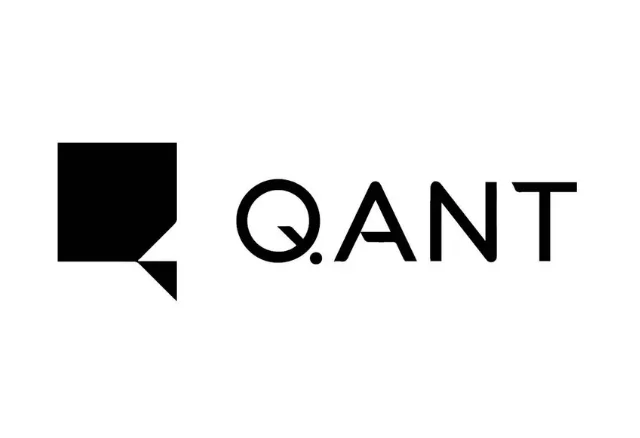Quantinuum, the University College London (UCL) and the BBC are exploring how quantum natural language processing could be used in industry, such as how media giants might use the technology, reports Advanced Television.
Consortium members Quantinuum’s chief scientist Professor Bob Coecke, head of artificial intelligence Professor Stephen Clark and Professor Mehrnoosh Sadrzadeh of UCL Computer Science are considered world experts in the connection between quantum mechanics. The Royal Academy of Engineering for a Senior Research Fellowship at UCL will fund the consortium.
The BBC could use QNLP for several important tasks, including content discovery and archival retrieval. The company has an archive of more than 15 million items, including audio, film, and text documents, as well as toys, games, merchandise, artefacts and historic equipment, according to Advanced Television. The size of the databases is likely too large for classical computing approaches.
Ilyas Khan, founder of Cambridge Quantum Computing and CEO of Quantinuum, told Advanced Television: “Developing quantum computing so that the broadest and most diverse populations can benefit, means looking across the timing spectrum at applications that can be made productive in the short, medium and long term. As part of our long-term work, we anticipate that true language processing will become important with fault tolerant quantum processors, and our work with the BBC and UCL is a very significant step towards being prepared to take advantage of quantum computers when they become available at scale. Quantinuum is a leader in the fields in which it operates, and this leadership is built on deeply meaningful collaborations such as this.”

According to Advanced Television, the consortium researchers established a unified model of statistical and compositional meaning for natural language. Coecke’s categorical quantum mechanics formalism provided foundational work in the area. Sadrzadeh’s experimental evidence included papers on Concrete Models and Experimental Evaluations for the Categorial Compositional Distributional Model of Meaning. The team hopes that they can move these techniques from academic research, to a scaled industrial level. This will expand capabilities from sentence level to general text, according to the website.
If you found this article to be informative, you can explore more current quantum news here, exclusives, interviews, and podcasts.

